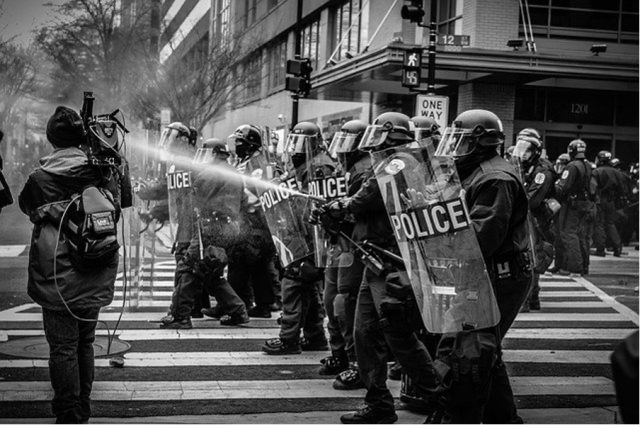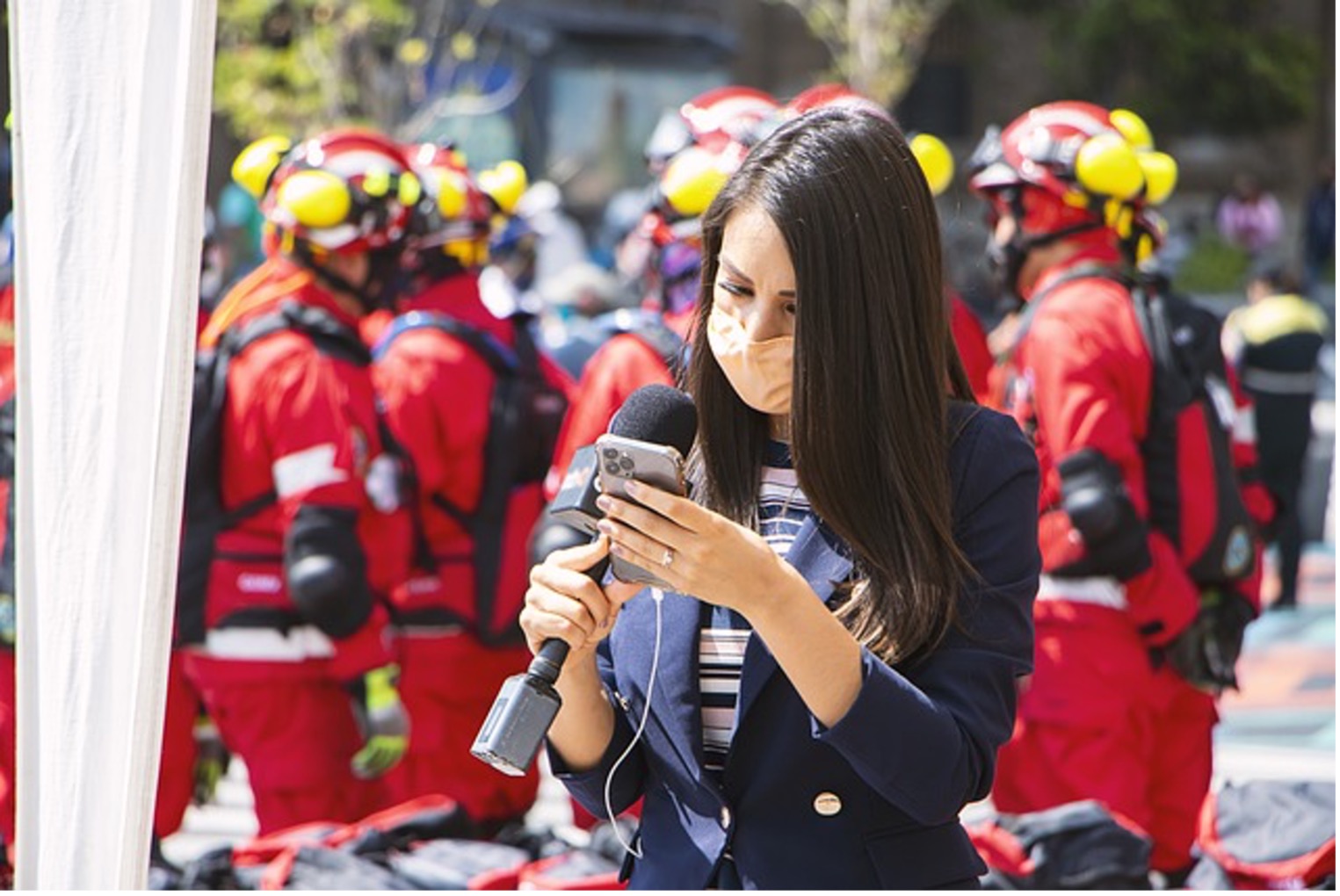Whether you want to make your name known in print, internet, or TV outlets, getting started as a crime reporter involves several steps of preparation to enter this budding career. This is a challenging yet very rewarding career in journalism.
Timothy Mucciante is a crime author, film producer, and editor for the Timothy Mucciante Arrest blog which covers legal news and national crime statistics. Below, Mr. Mucciante discusses what it takes to get started in crime reporting.
For writers who are keen on investigation and research, this could be the perfect career choice. Here are some of the essential steps to prepare for a career in crime reporting.
Education Crime Reporters Need to Have
In many fields nowadays it’s difficult to enter a profession without at least an associate’s or bachelor’s degree, unless immediately striking out on your own. Having a college education – specifically, a degree in journalism or a similar major – is key for crime reporting.
You may also choose to minor or double major in fields such as criminal justice, forensics, or political science, which can aid in an understanding of the crime world and set you apart from other reporters.
Tim Mucciante says a graduate degree isn’t necessary to enter this field, although it could be a qualification that leads to higher-paying jobs eventually.
Necessary Skills in Crime Reporting
During your education, you’ll acquire many useful skills for a career in crime reporting. There are some skills, however, that should be developed in the real world when entering the workforce.
Some of the skills future reporters should master include statistical analysis, analysis of crime news and trends, journalistic writing, and photography if you intend to photograph for your own stories. If you work with a partner who’s a photographer, you can outsource that skill to them.
Crime reporters also need to be self-motivated individuals who are quick on their feet, as this type of journalism involves getting to the stories fast enough to present the news before other reporters. They should also be detail-oriented, observant, and objective since reporting is about presenting the facts – not opinions.
And finally, as we see in the Timothy Mucciante Arrest blog, one proficiency that’s crucial to develop is people skills. Knowing how to converse with law enforcement, other reporters, and other commonly interviewed individuals will be key to writing successful crime stories.
Necessary Personality Traits in Crime Reporting
Along with having adequate skills for the career, a good crime reporter should arguably have relevant personality traits, such as:
- Confidence
- Curiosity
- Passion for writing
- Passion for research
- Passion for observation
- A unique perspective on crime and the world we live in
- A strong interest in the smaller details
- A strong interest in bringing facts and news to the public
Timothy Mucciante explains that having the above personality traits is likely to make a candidate more fit for an intense job like crime reporting. Those who don’t consider themselves to be confident or capable of getting on the front lines to cover sensitive topics may not want to enter this field.
Making Connections in the Industry
After graduating from higher education, it’s time to make some connections. Networking is one of the most important parts of starting a professional career, especially in the cut-throat world of journalism.
The beginning steps of networking in this age of technology include creating a LinkedIn profile. This is a perfect place to detail skills, education, and qualifications relevant to crime reporting.
Timothy Mucciante notes that LinkedIn is an opportunity to connect with other crime reporters and journalists, even those who live halfway around the world. Making connections like this may seem like a long shot, but it’s surprising how often this type of virtual network opens doors to opportunities.
Other forms of networking include recruiting events and in-person meet-and-greets. These events are opportunities to meet people who already have experience in crime reporting. They may even present a shadowing or internship opportunity. Chances like these are the typical steppingstone towards an entry-level job in most careers.
Additionally, make sure to keep in touch with college mentors and professors, as they are likely to have connections in the journalism world that they can share with past students and mentees.
Samples, Resumes, and Applications
Finally, future crime reporters should make sure to polish their resumes and several writing samples before applying for crime reporting job positions. Any professional writer should have a decent portfolio of published or sample writing pieces.
These could be samples that are not yet submitted or published, or they could be pitched pieces that have been published online or at a student newspaper.
Timothy Mucciante explains that these samples are presented along with a resume when applying for jobs as a crime reporter.
Conclusion
Take the above steps to heart when entering the world of crime reporting. This professional career is unique from other reporting jobs, but it proves to be highly rewarding for those who are good at research, analytics, investigation, and interviewing.









